Science


Teaching and Learning of Science in FTPPS is done through an Inquiry approach, which involves questioning, gathering and making sense of evidence, and using it to justify answers.
In practice, a ‘5E’ approach is also used, where teachers ‘Engage’ students to determine their prior knowledge on a particular topic, ‘Explore’ the topic with students through common hands-on experiences, ‘Explain’ concepts that were observed when students were exploring, ‘Elaborate’ on these concepts and link them together, and then ‘Evaluate’ students’ understanding.
Support Lessons
These lessons (a) reinforce students’ understanding of Science concepts, (b) strengthen the links between concepts learnt in the various topics and real-world applications, and (c) provide students with practice in answering questions.
In these lessons, students receive extra opportunities for hands-on activities with Science equipment and resources, as well as skills-based revision by question type.
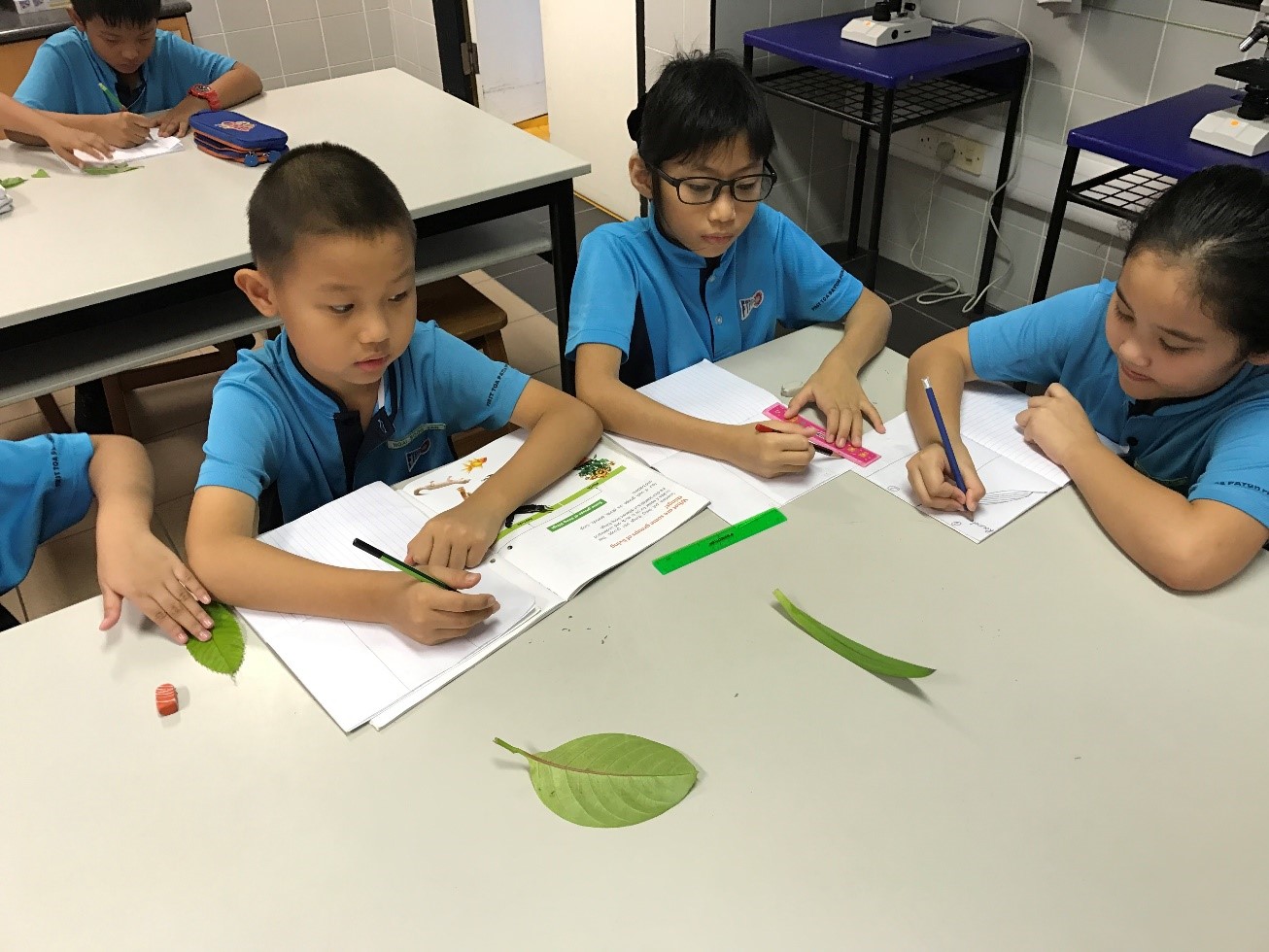
Stretch Lessons
These lessons aim to stretch able students by extending what they have learnt in the classroom to different situations, as well as providing them with hands-on experiences with tinkering and experimental procedure. Lessons are planned to coincide with and build on students’ classroom learning, but also requiring higher-order and out-of-the-box thinking. In 2017, the P3 classes made use of Strawbees kits to create structures, while the P4 classes conducted Kitchen Science investigations.
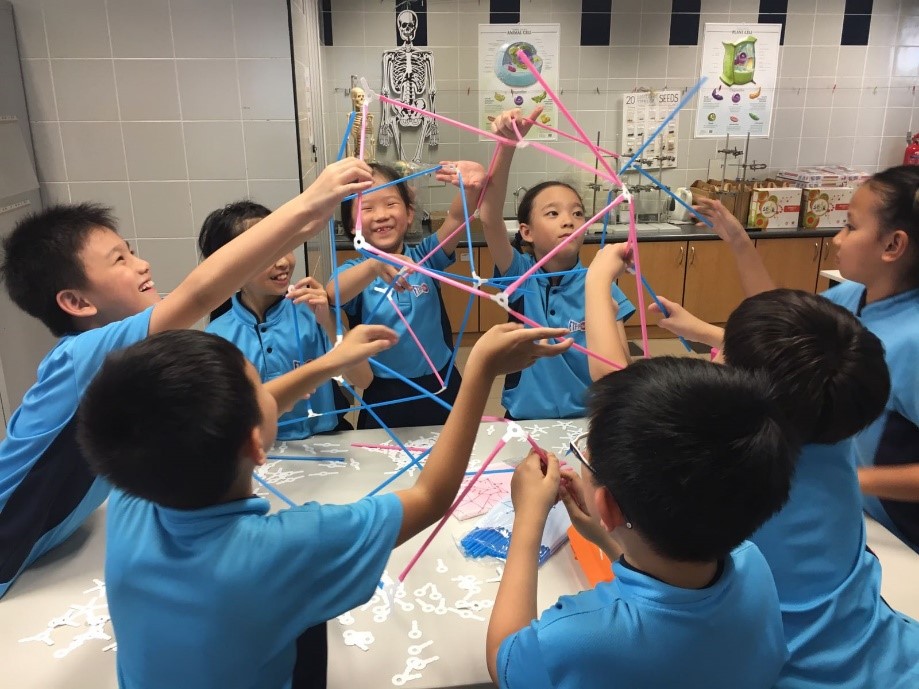
|
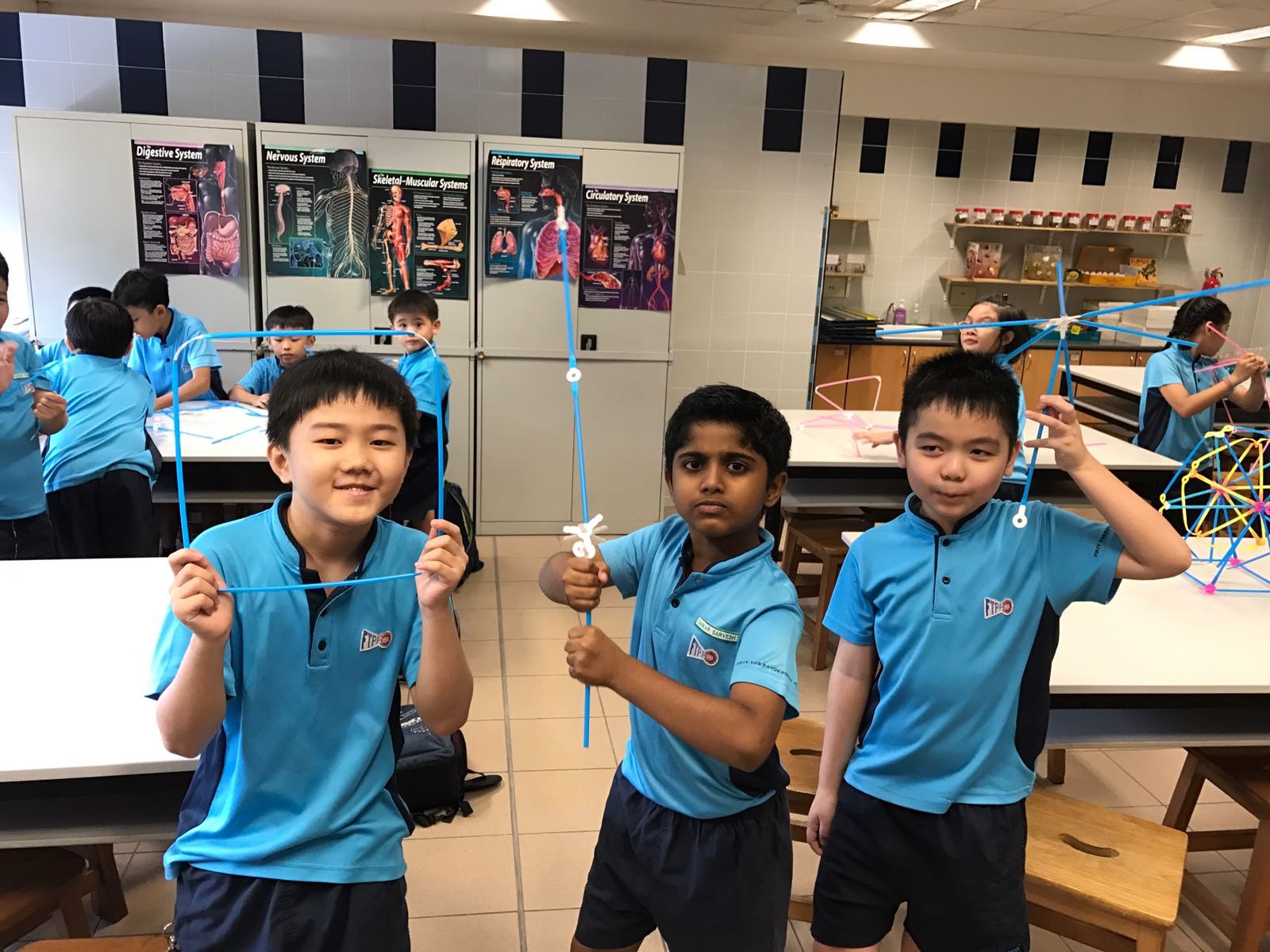
|
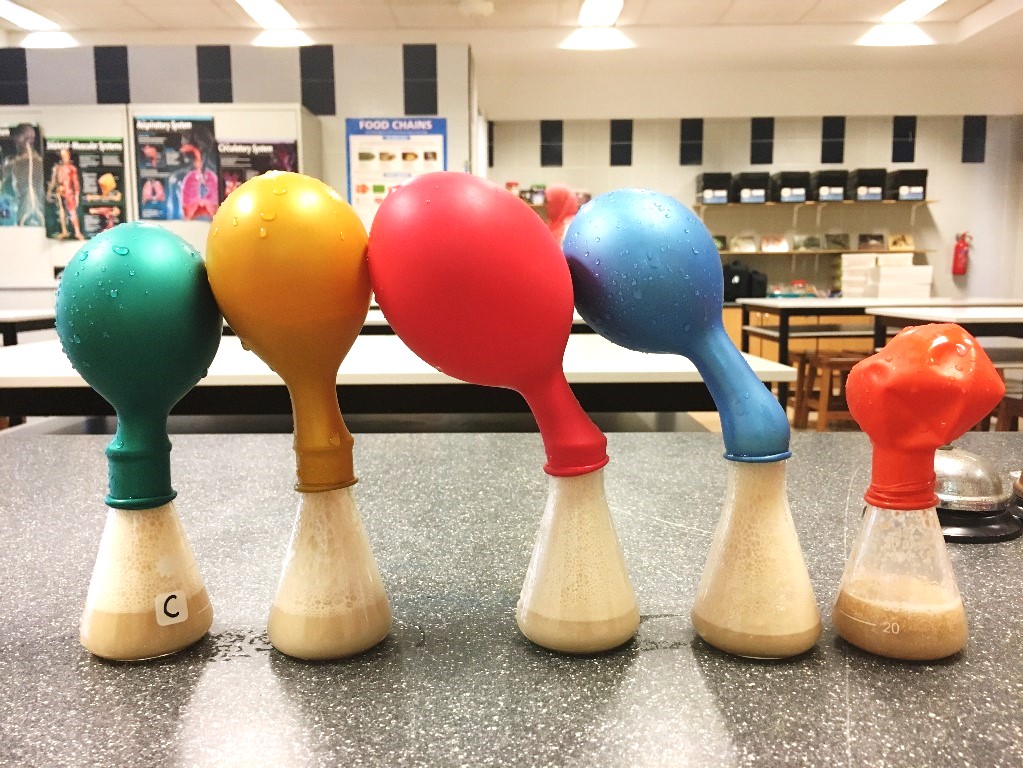
|
|
Programmes
Science Around Us
Students are encouraged to see the role of Science in their everyday lives through learning spaces throughout the school. Science murals can be found in high-traffic areas, and the biodiversity in school has been increased so students get to observe a variety of plants and animals up close. Labels have been created for the plants around the school, to provide students with relevant and interesting information.
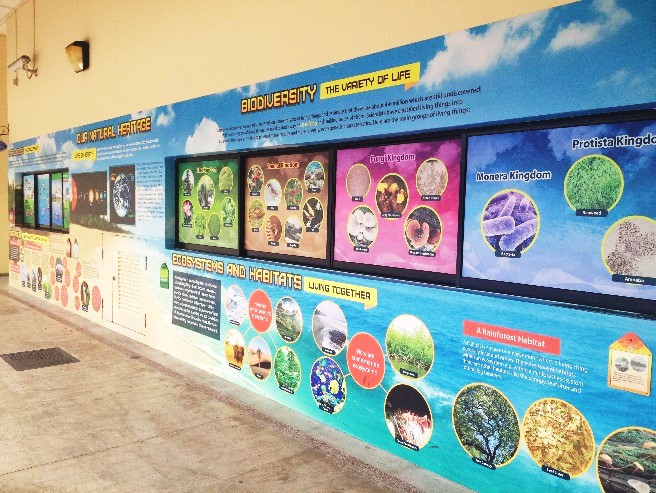
|
|
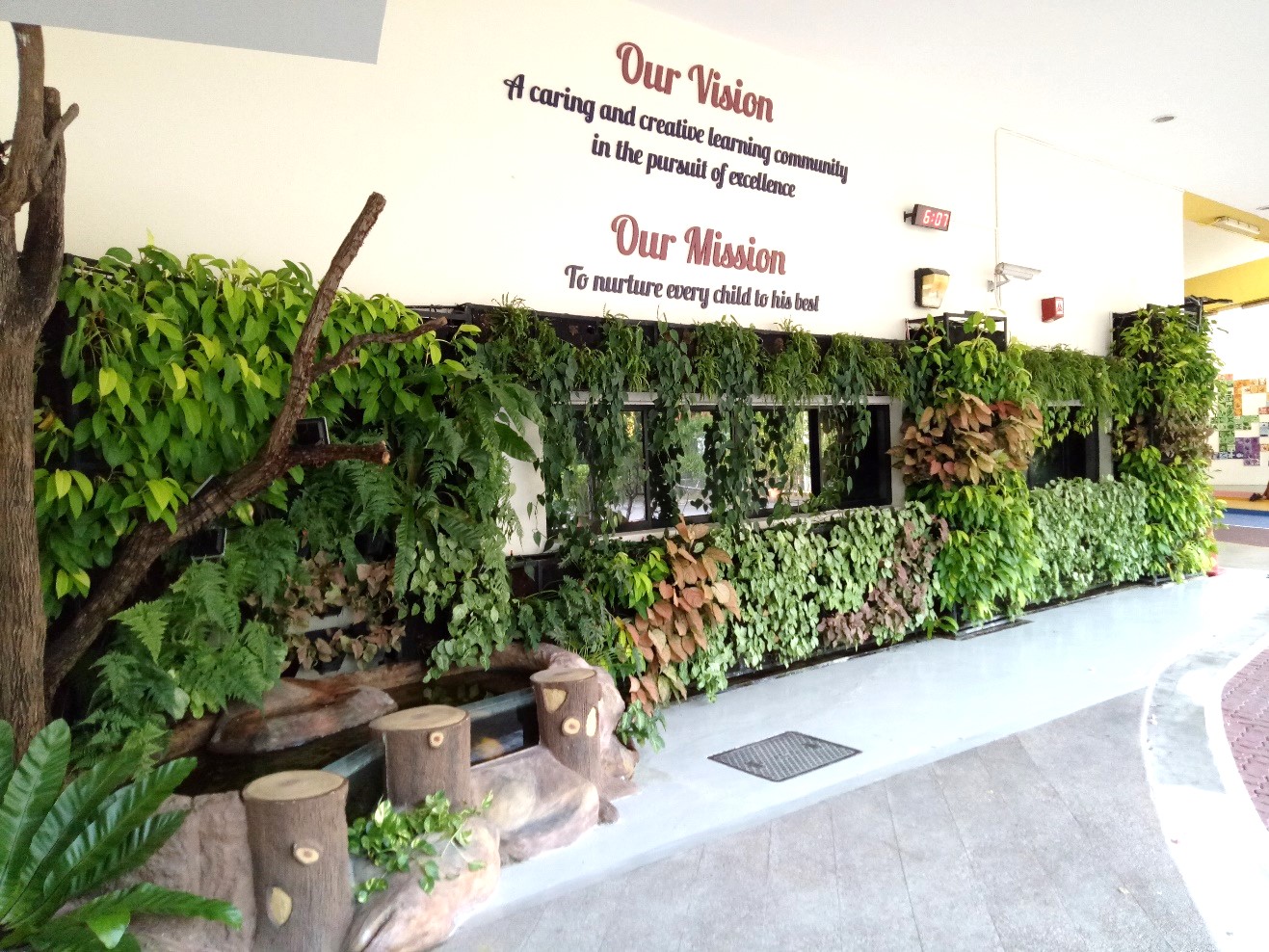
|
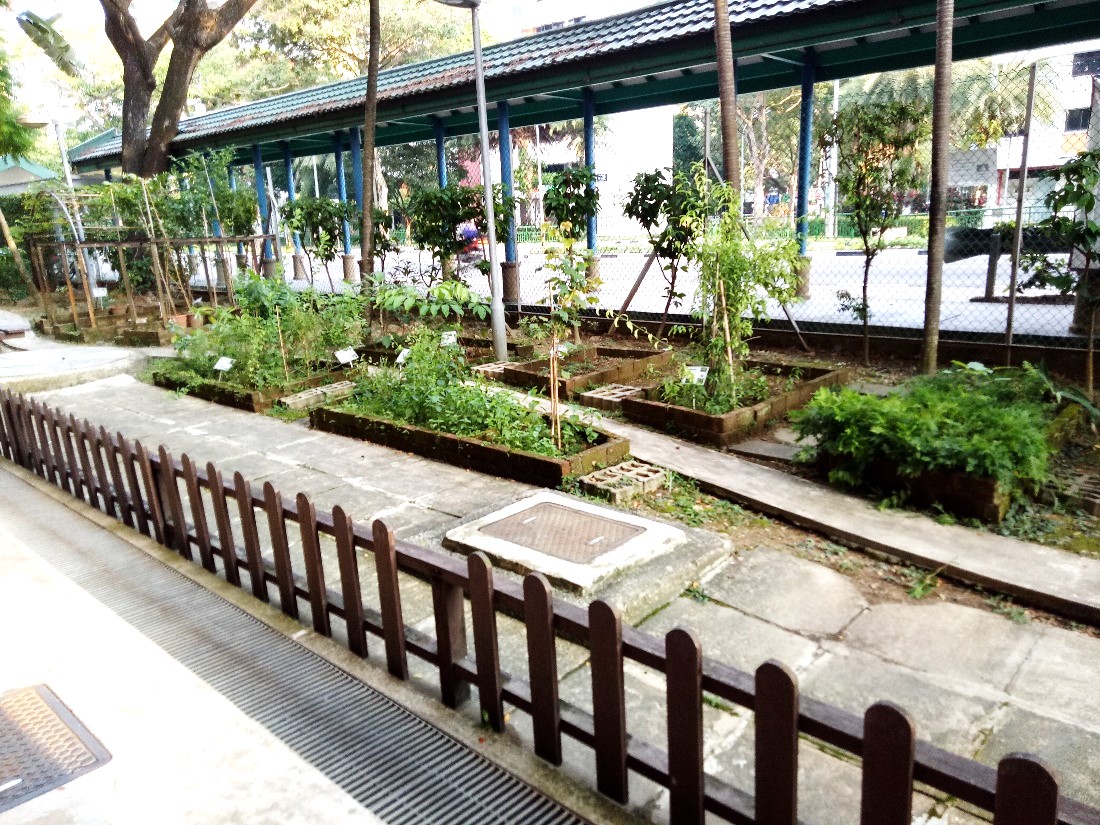
|
Toys are also used to demonstrate Science concepts, and students get hands-on experience with the toys to figure out how the concepts are applied.
In addition, Science learning is carried out through stories. Science storybooks are read to lower primary students as part of ‘Share-a-Book’, while Science storybooks and comic books have been added to the class libraries, to expose students to different genres and content matter.
Science Comes Alive
Besides their everyday lives, this programme aims to help students see the role of Science in society and community. In 2017, assembly talks were conducted on global warming, Singapore’s biodiversity, and water conservation.
P3 to P4 Programmes
P3 and P4 students get hands-on experience with plants through gardening and hydroponics. In P3, students plant vegetables and flowers in soil, while in P4, students use hydroponics systems to cultivate vegetables.
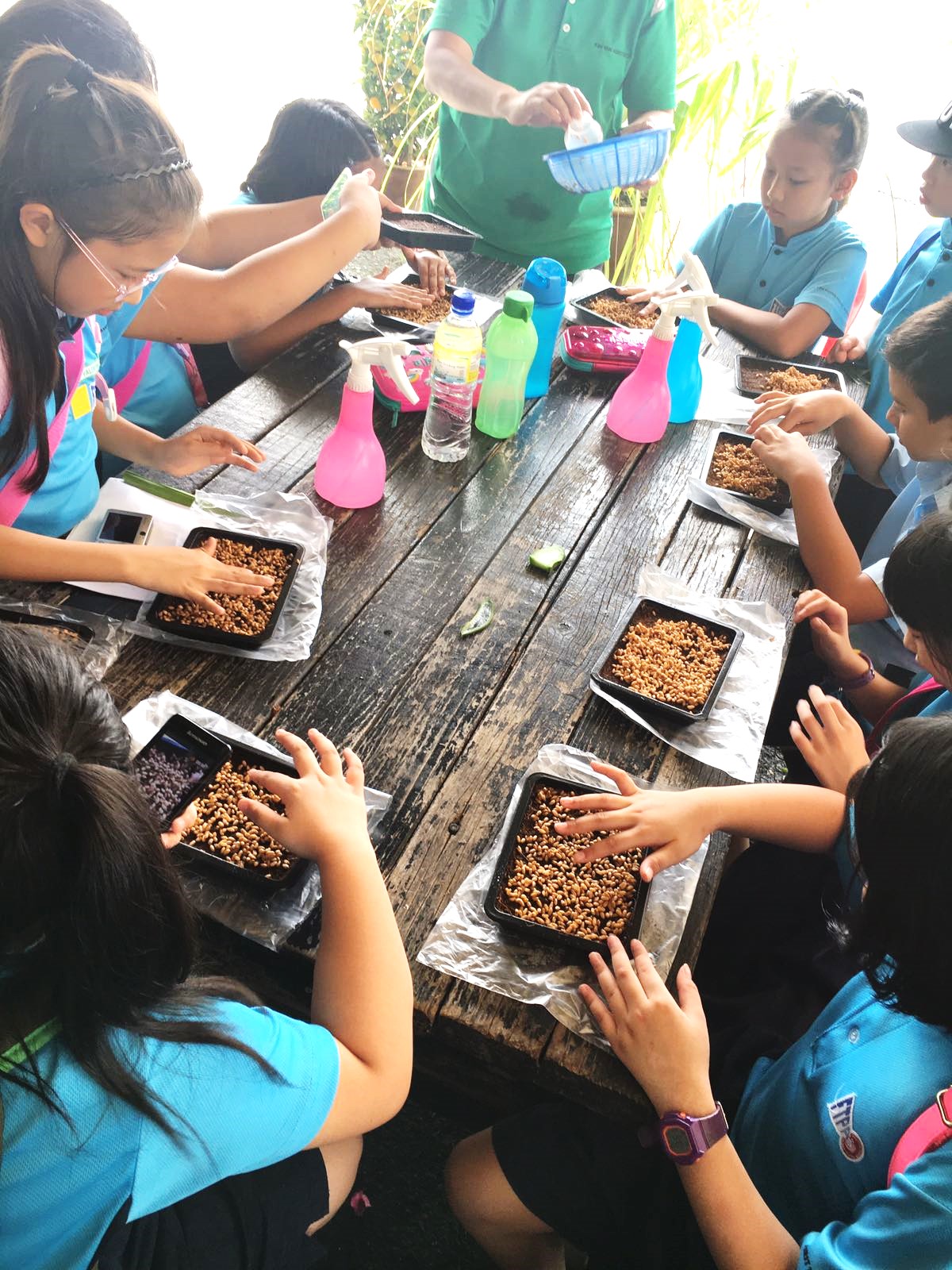
|
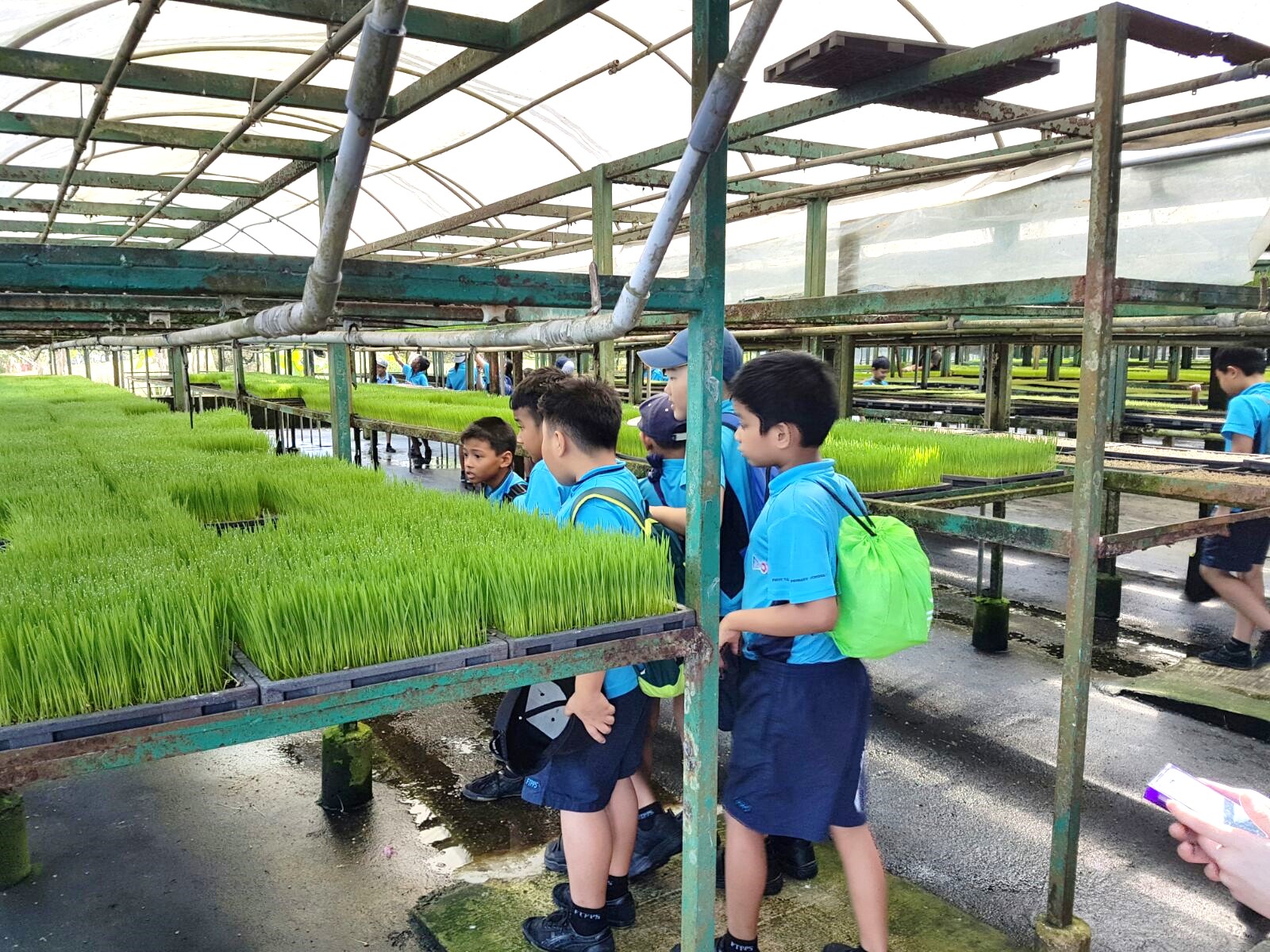
|
P3 and P4 students go on Science Learning Journeys to reinforce the concepts taught in class through experiential learning. In 2017, the P3 students visited a vegetable and mushroom farm, and attended a workshop on Magnets at the Science Centre. The P4 students visited a frog farm, and attended a workshop on Light at the Science Centre.
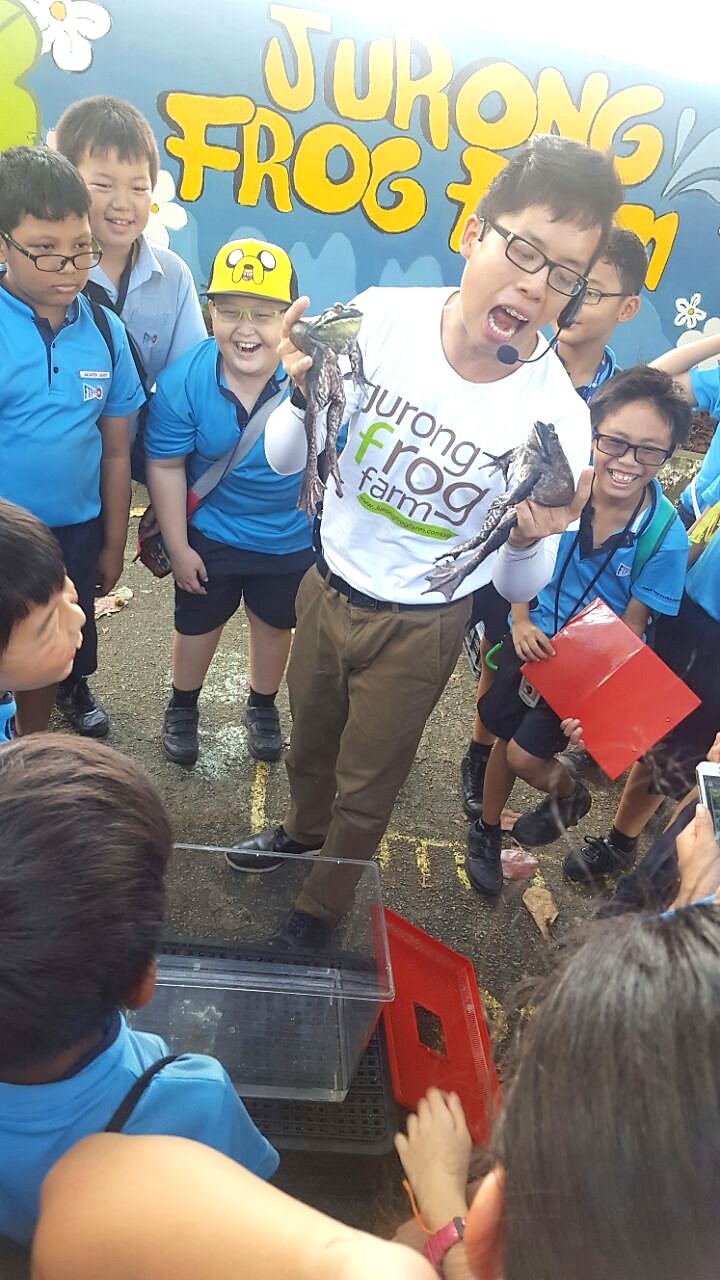
|
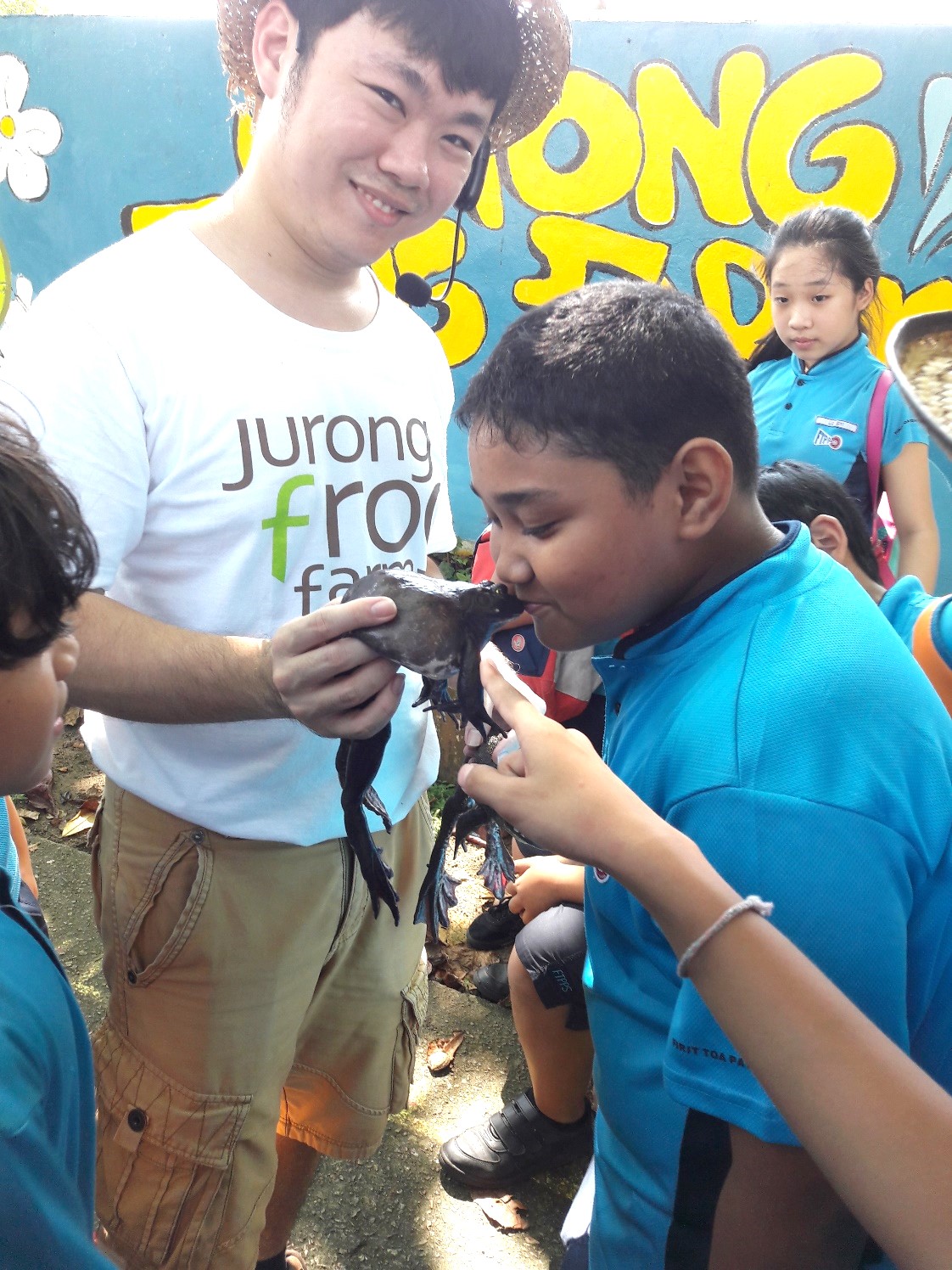
|
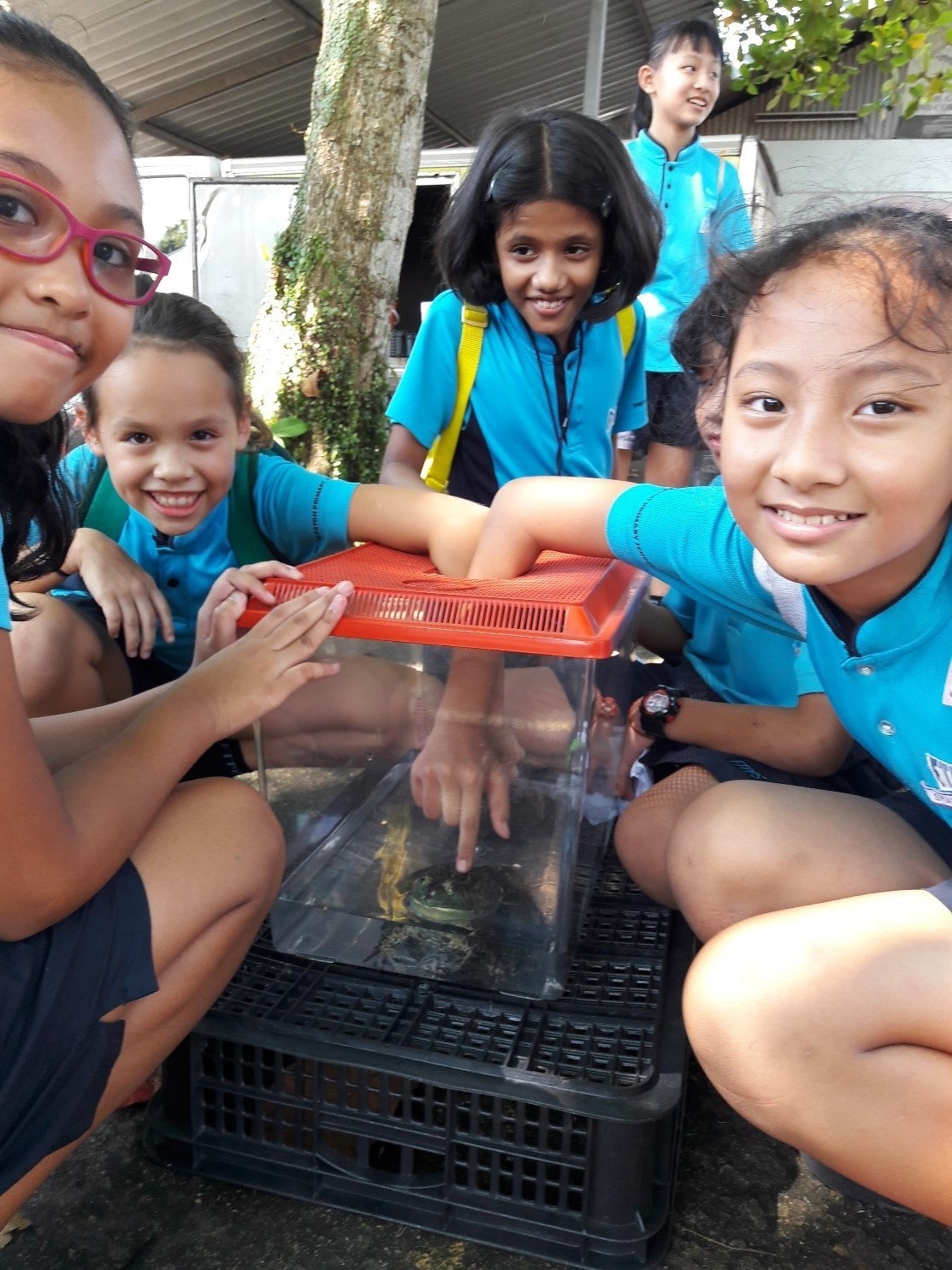
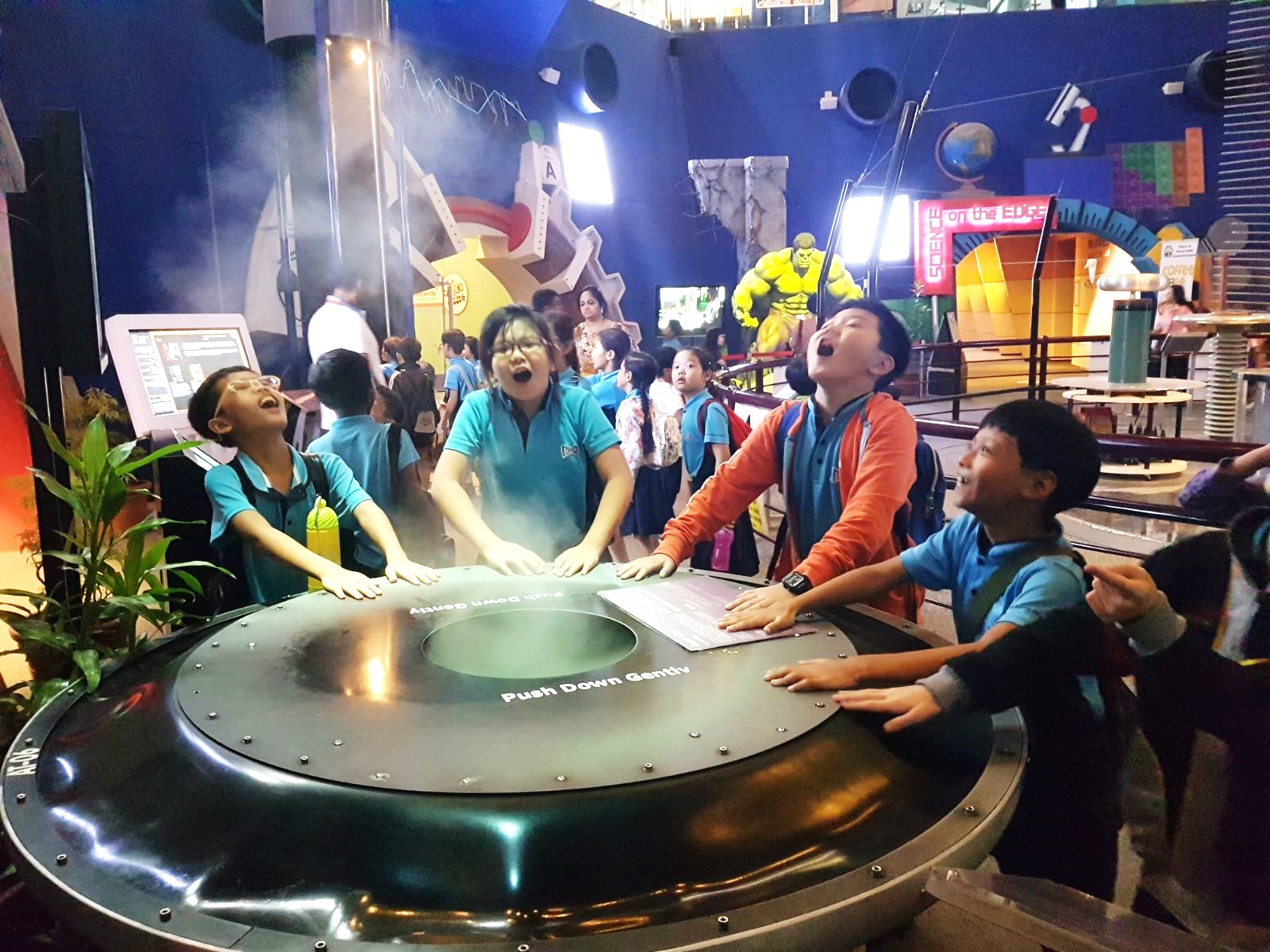
|
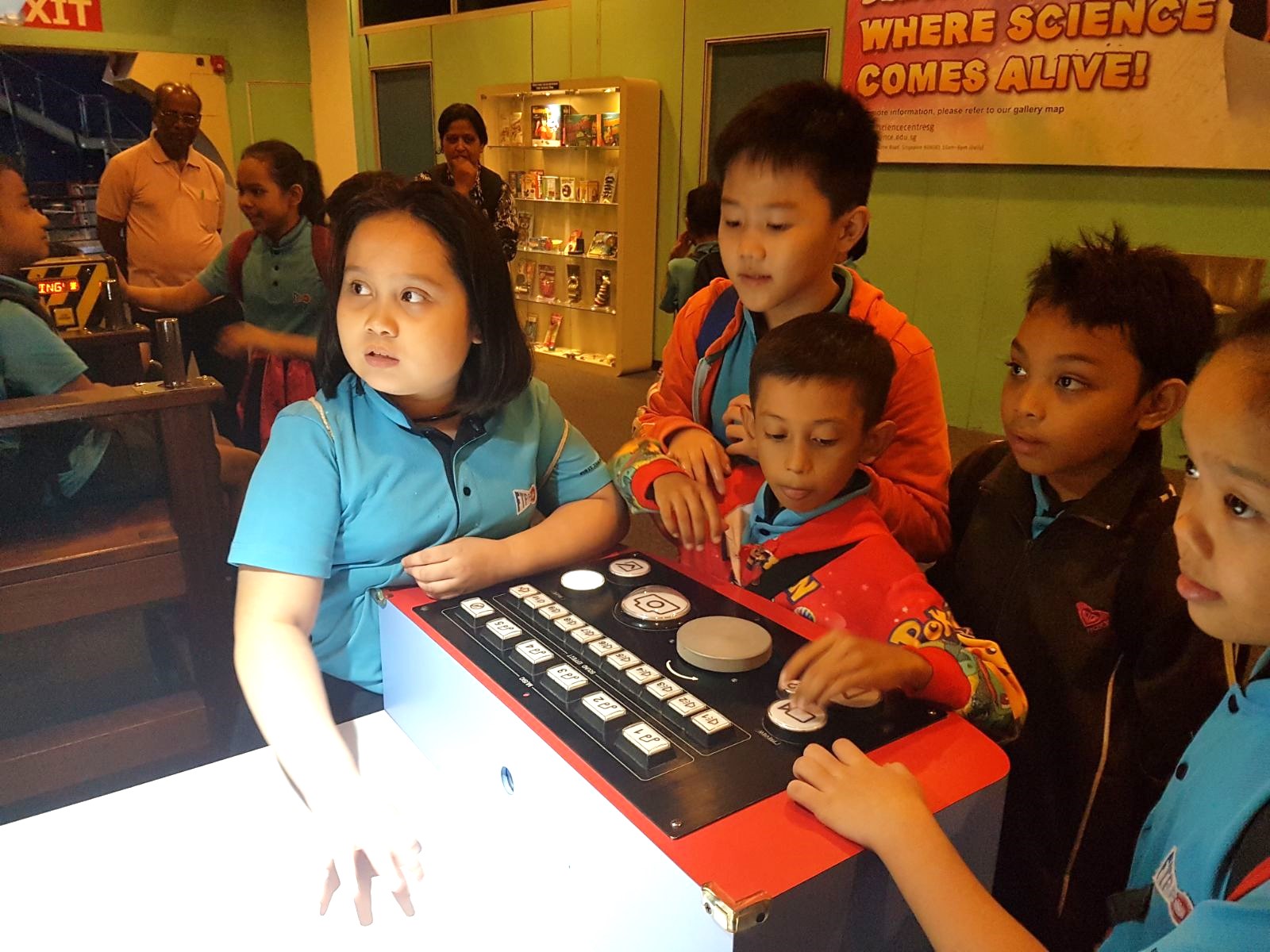
|
P5 to P6 Programmes
P5 and P6 students also go on Science Learning Journeys. In 2017, the P5 Standard Science students visited the Science Centre for a workshop on Heat and the HealthZone at HPB to learn about healthy body systems. The P5 Foundation Science students visited the Science Centre for workshops on Plant Reproduction and Electricity. The P6 students visited the Science Centre for a workshop on Pond Life, as well as the SEA Aquarium to learn about marine habitats.
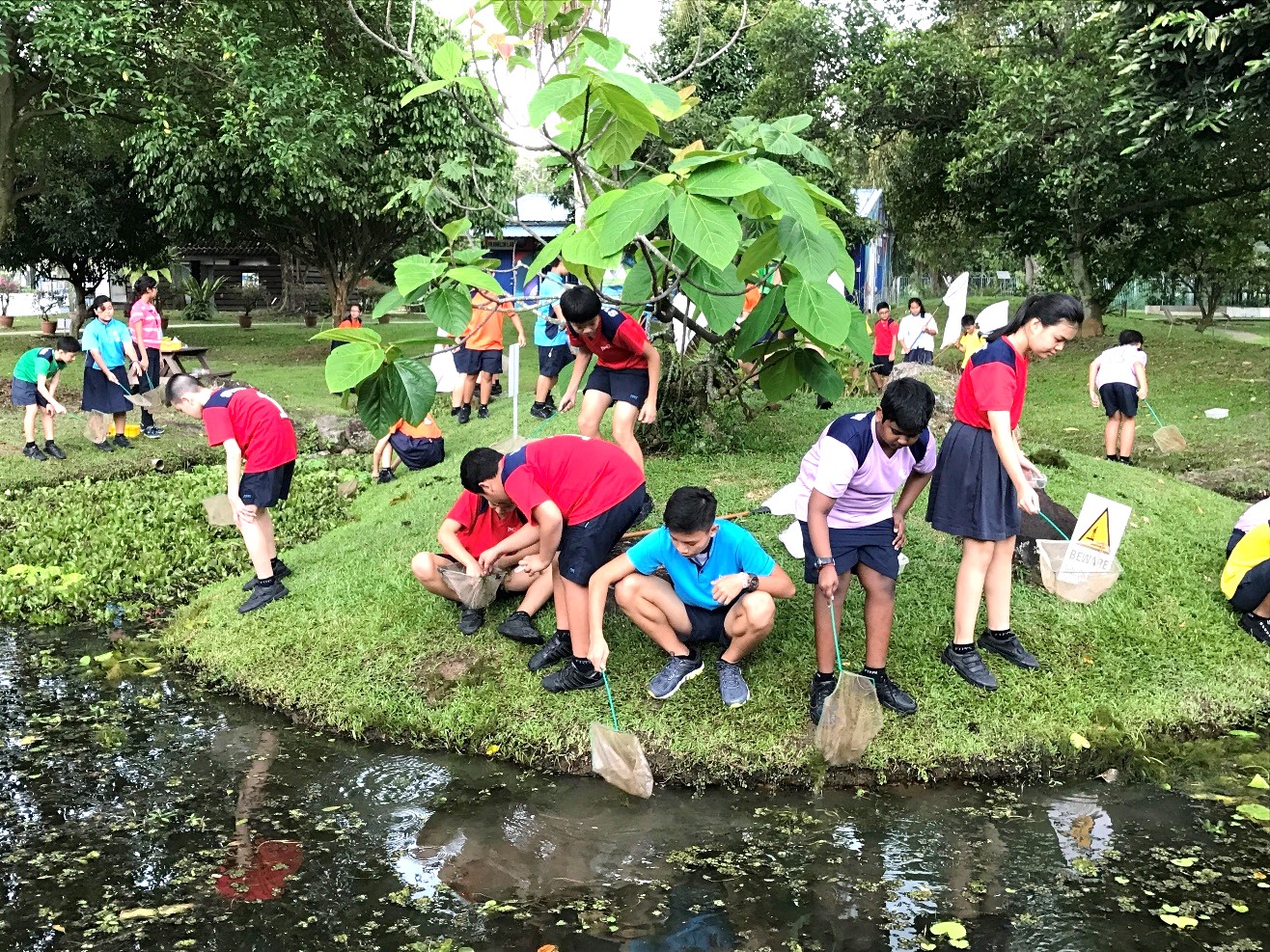
|
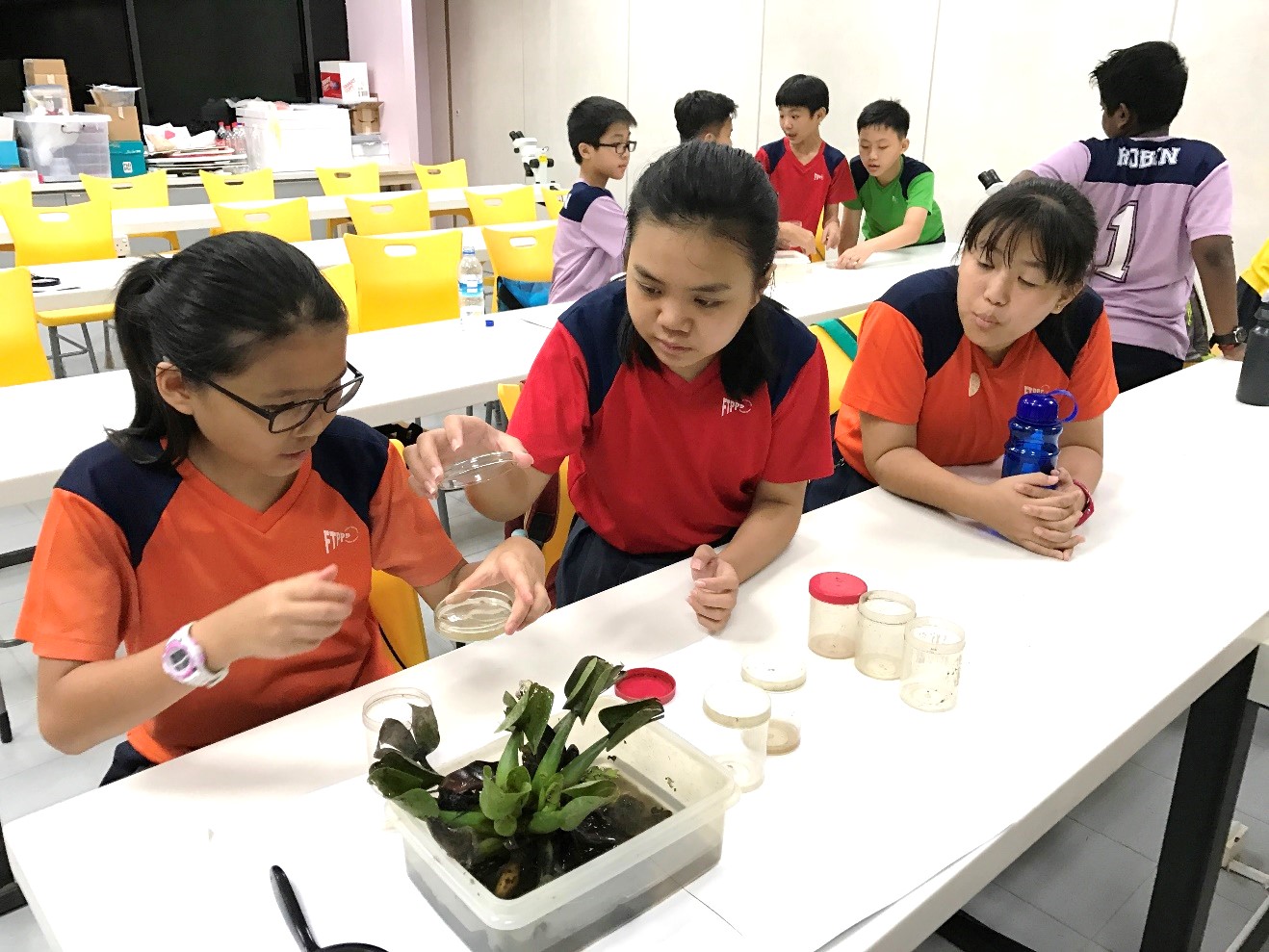
|
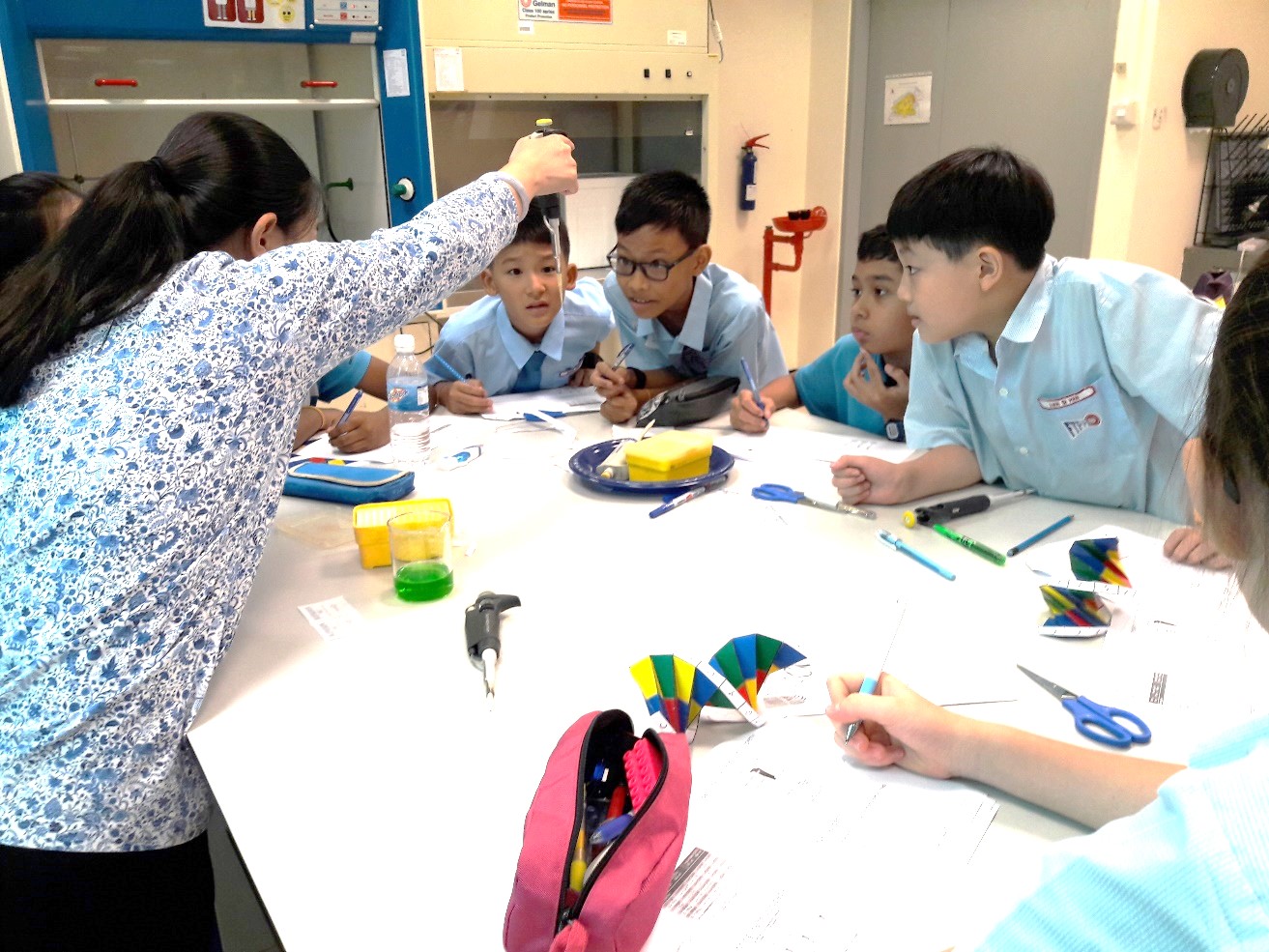
|
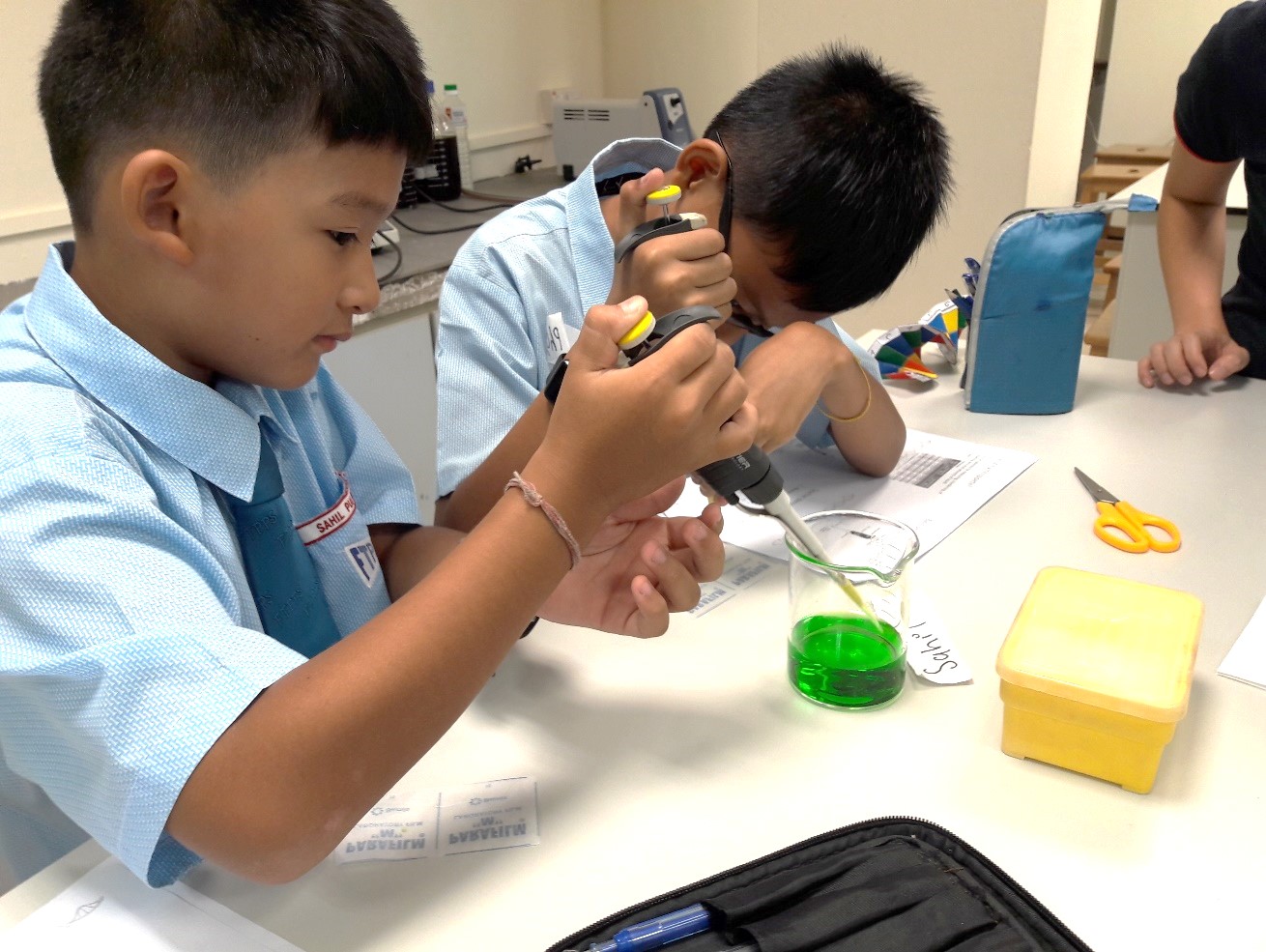
|
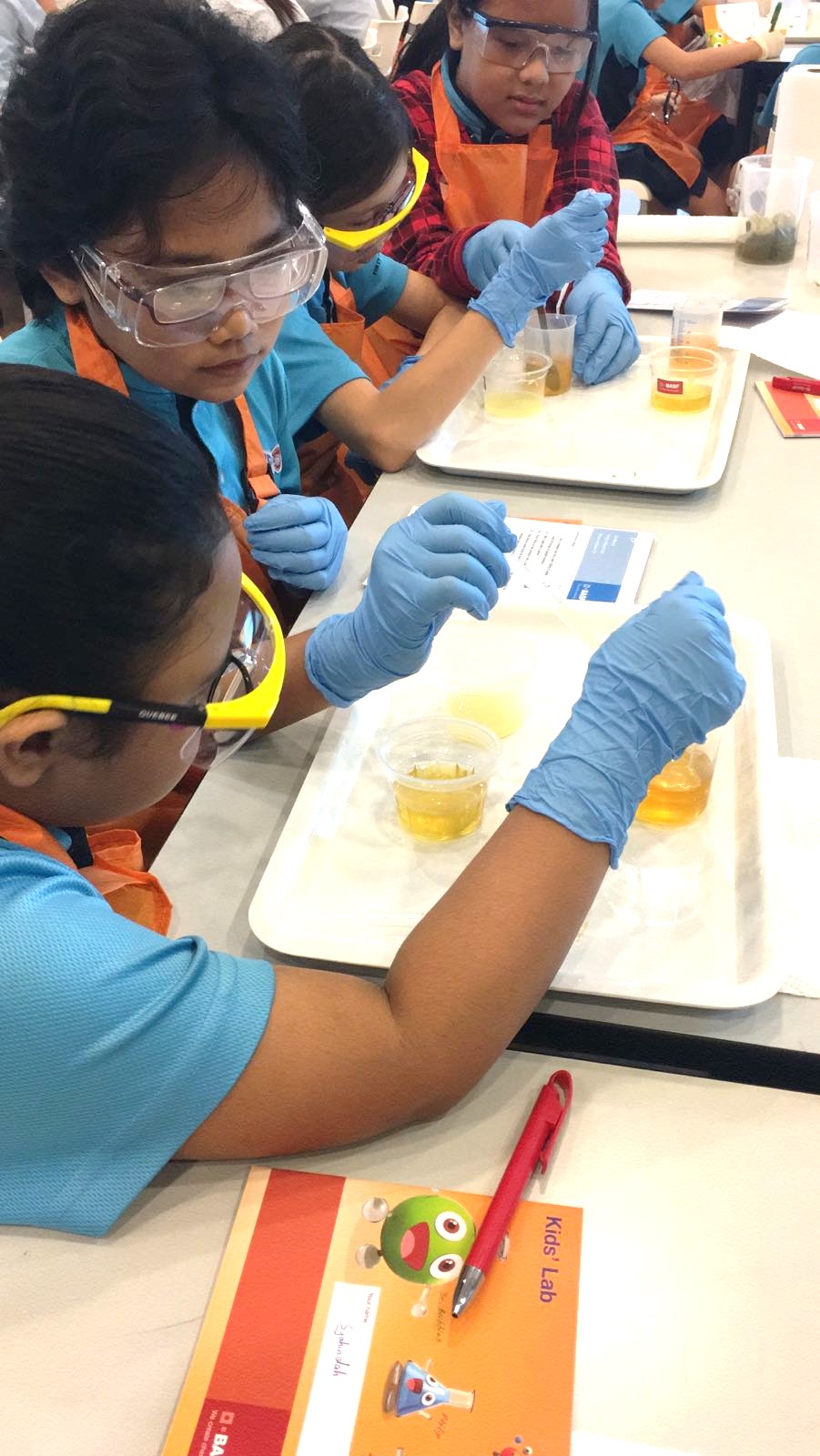
|
|
Venues for learning journeys are selected to provide a spread of experiences in both Life and Physical Science, and for their relevance and value-add to the curriculum.

